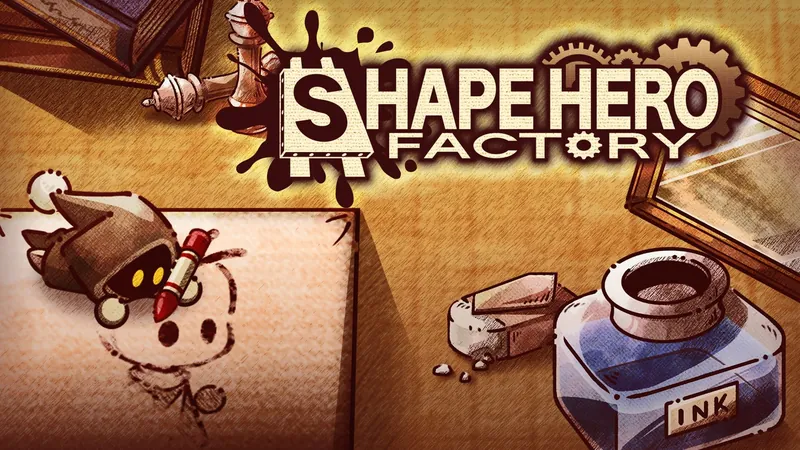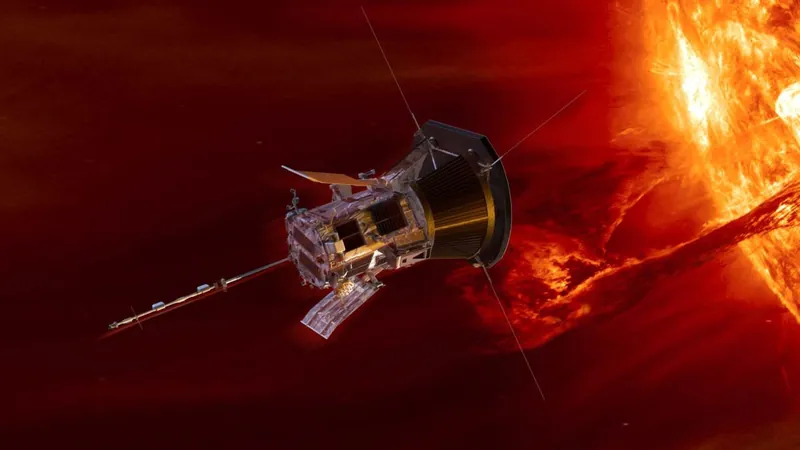
Celebrating Our Hidden Heroes of Science This Christmas
2024-12-17
Author: Benjamin
Celebrating Our Hidden Heroes of Science This Christmas
As the holiday season approaches, we reflect not just on the gifts we receive, but also on the extraordinary individuals whose groundbreaking work has profoundly shaped our understanding of the world. This year, scientists and researchers from various fields have nominated their unsung heroes, reminding us that true passion and commitment in science often go unrecognized. Here’s a look at some of the highlighted figures who have left a lasting legacy.
Insulin Discoverers: The Quintessential Selfless Innovators
Among the most prominent figures recognized is Frederick Banting, alongside his colleagues James Collip, John McLeod, and Charles Best. They revolutionized diabetes treatment with their discovery of insulin in the 1920s. Denis Collins, a researcher in cancer biotherapeutics, praises their decision to sell their patent for just $1, ensuring that insulin was made available without profit motives. This altruistic choice has saved millions of lives and continues to inform discussions about the ethics of medical patents today.
Jonas Salk: A Vaccine for the People
Virologist Jonas Salk, who developed the polio vaccine in the 1950s, is celebrated for his commitment to public health over profit. His decision not to patent the vaccine sparked discussions about the moral responsibility of scientists. "Could you patent the sun?" Salk famously retorted when asked about the patent, highlighting the essence of scientific innovation as a public good, not a commercial asset.
Trailblazing Women in Science: Jane Grimson
Computer scientist Jane Grimson is another noteworthy figure. As the first woman in engineering at Trinity College Dublin, her legacy has powerful resonance—it includes advocating for women’s participation in STEM. Declan O'Sullivan, who nominated her, notes that her pioneering spirit in a male-dominated field has inspired countless women to pursue careers in technology and engineering.
Douglas Engelbart: The Architect of Human-Computer Interaction
Software engineer Daniel Hickey honors Douglas Engelbart, credited with conceptualizing the modern computer interface, including the mouse and hypertext. Engelbart believed technology should enhance human capabilities, which echoes through contemporary innovations in fields like virtual reality, where the focus remains on enhancing human experience and learning.
Harrison Schmitt: The Scientific Moonwalker
Ciarán Cooling highlights Harrison Schmitt, the only scientist to have walked on the moon during the Apollo 17 mission. Schmitt's training of astronauts in geology contributed to significant scientific discoveries about the lunar surface, expanding our understanding of Earth's natural satellite.
Claude Shannon: The Father of Information Theory
Kevin Curran points to Claude Shannon, whose work laid the groundwork for the digital communication age. His groundbreaking 1948 paper defined how information could be quantified and transmitted using bits—a concept that underpins modern computing and security practices, significantly influencing today’s digital landscape.
Marine Biology's Pioneer: John Vaughan Thompson
Marine biologist Damien Haberlin celebrates John Vaughan Thompson, who made foundational contributions to the study of zooplankton in the early 19th century. Darwin's acknowledgment of Thompson's work underscores his lasting impact on marine biology and taxonomy.
Blindboy Boatclub: The Unconventional Advocate of Curiosity
Neuropsychologist April Hargreaves shines a light on Blindboy Boatclub, an Irish musician whose podcast inspires curiosity and critical thinking about diverse subjects. His ability to make complex topics relatable encourages a broader public engagement with scientific ideas.
Stephanie Kwolek: The Inventor of Kevlar
Police officer Sheelagh Brady honors Stephanie Kwolek, the inventor of Kevlar. Kwolek's pursuit of her passion in polymer science led to the creation of a material that saved lives in law enforcement and military applications worldwide.
Geoffrey Hinton: Leading the AI Revolution
Finally, bioinformatician Barry Scott highlights Geoffrey Hinton, often referred to as the "godfather of AI," for his pioneering work in artificial neural networks. With this year’s Nobel Prize recognition alongside John Hopfield, Hinton’s contributions may shape the future of technology, including advancements in generative AI, further integrating it into multiple scientific domains.
Community and Mentorship: The Bedrock of Scientific Progress
Finally, the nominations reflect a shared appreciation for the supportive communities surrounding scientists. From inspirational teachers to dedicated technical staff, many professionals acknowledged the role of mentors and peers in their journeys. This collective acknowledgment echoes the sentiment that scientific progress relies heavily on collaboration and support, making these mentors, in their own right, heroes of science.
This Christmas, as we celebrate our achievements, let us remember the heroes—both named and unnamed—who shape the world through their dedication to knowledge and discovery. Their legacies remind us that the spirit of inquiry and altruism is the greatest gift we can share.









 Brasil (PT)
Brasil (PT)
 Canada (EN)
Canada (EN)
 Chile (ES)
Chile (ES)
 España (ES)
España (ES)
 France (FR)
France (FR)
 Hong Kong (EN)
Hong Kong (EN)
 Italia (IT)
Italia (IT)
 日本 (JA)
日本 (JA)
 Magyarország (HU)
Magyarország (HU)
 Norge (NO)
Norge (NO)
 Polska (PL)
Polska (PL)
 Schweiz (DE)
Schweiz (DE)
 Singapore (EN)
Singapore (EN)
 Sverige (SV)
Sverige (SV)
 Suomi (FI)
Suomi (FI)
 Türkiye (TR)
Türkiye (TR)